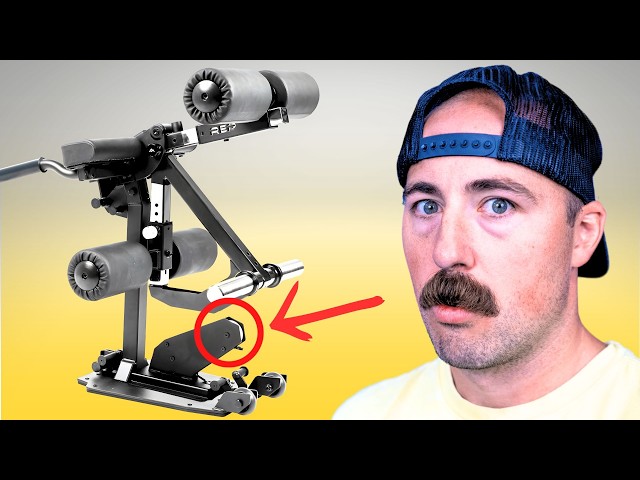Choosing the Right Gear
Running a marathon is a formidable challenge that requires more than just physical stamina. Ensuring you have the right gear can make a significant difference on race day. High-quality running shoes, breathable clothing, and a reliable fitness tracker are crucial components of your marathon toolkit.
Footwear: The Foundation of Your Marathon
Investing in a great pair of running shoes that suit your foot type and running style is essential. Consider getting a gait analysis done at a specialty running store to find the best fit. Proper footwear helps prevent injuries and provides the comfort needed to endure the long miles.
Clothing: Comfort is Key
Choose moisture-wicking fabrics that keep you dry and comfortable. Layers are important for adapting to changing weather conditions. A lightweight, breathable hat and sunglasses can also offer protection from the elements. Don’t forget technical socks – they reduce friction and help avoid blisters.
Gadgets & Accessories
With the advancement of technology, investing in a good fitness tracker or smartwatch can help monitor your pace, heart rate, and distance. This data is invaluable for pacing yourself and achieving your personal best. Additionally, many runners rely on wireless earbuds to stay motivated with music or podcasts.
Nourishing Your Body
Diet and hydration are critical both in training and on race day. During training, focus on a balanced diet rich in carbohydrates, proteins, and fats to fuel your workouts. Hydration is equally important, so don’t forget to drink water regularly and consider sports drinks for their electrolyte content during longer runs.
Hydration Strategies
Plan for hydration stations throughout the marathon. Practice drinking on the go during your training runs to become accustomed to it. On race day, use a hydration belt or backpack if you prefer having water and sports drinks readily available.
Fueling for Performance
Proper fueling strategies include gels, energy bars, and other quick sources of carbohydrates. Practice consuming these during your longer training runs to understand what your stomach can handle and to avoid gastrointestinal distress during the race.
Mental Preparation
The marathon is as much a mental challenge as a physical one. Rehearse a race-day strategy and visualize your success. Setting small, achievable goals throughout the race can help break the marathon into manageable segments.
Recovery: More than Just Rest
After crossing the finish line, your body needs careful attention to recover. Stretching, rehydrating, and replenishing glycogen stores with carbohydrates are the first steps. Consider massages or foam rolling to relieve muscle soreness. A rest day or two will let your body recuperate, but keep light activity in your routine to avoid stiffness.
Participating in a marathon is a rewarding journey that extends beyond the physical realm. With the right gear, nutrition plan, and mental preparation, you’re not just setting yourself up for crossing the finish line swiftly, but for a memorable and enjoyable experience.






